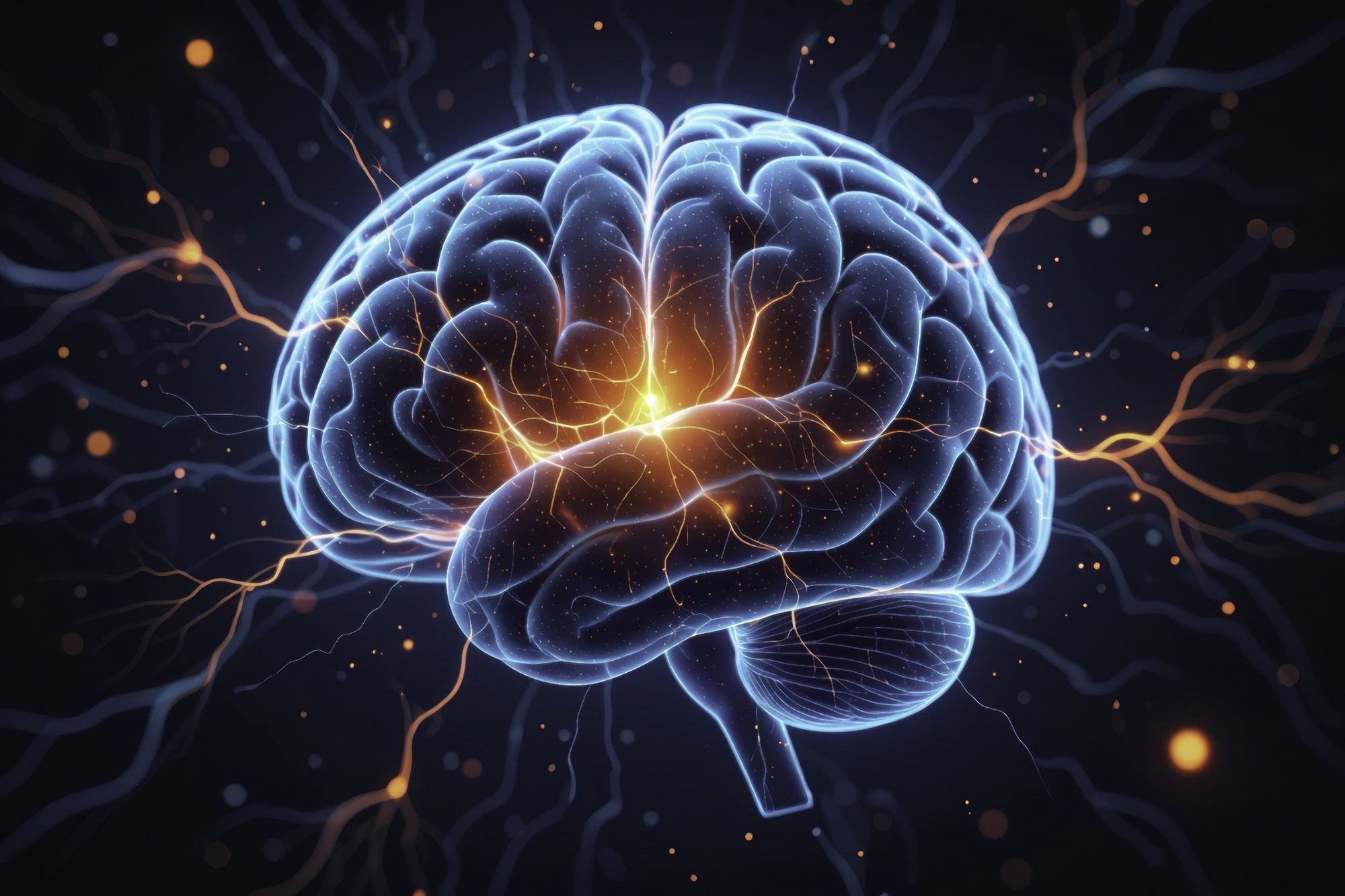Trauma and Post-Traumatic Stress Disorder (PTSD) Childhood abuse and neglect Accidents and physical injuries Anxiety disorders (including generalized anxiety) Panic attacks Phobias and specific fears Depression Grief and loss Obsessive-Compulsive Disorder (OCD) Addictions and compulsive behaviours Stress from work, relationships, or life transitions
EMDR Therapy
The EMDR Therapy Clinic
Auckland & Online
Welcome to the EMDR Therapy Clinic
We offer Evidence-Based EMDR Therapy
Virtual EMDR Terapy Clinic now open!

About EMDR Therapy
Understanding how healing happens
Process the Past. Stabilise the Present. Prepare for the Future.
EMDR (Eye Movement Desensitisation and Reprocessing) therapy is an evidence-based treatment shown to be highly effective for trauma, PTSD, anxiety, and related difficulties. It works by helping the brain process distressing experiences so they no longer feel overwhelming or disruptive.
The EMDR Therapy Clinic
What is EMDR therapy?
Watch the video below for an introduction to EMDR therapy by the EMDR International Association.
EMDR Therapy Treatment Focus
What EMDR therapy can help with
EMDR therapy has proven helpful in the treatment of:
Sleep disturbances and nightmares Performance anxiety (e.g., public speaking, sports) Low self-esteem and negative self-beliefs Emotional regulation difficulties Dissociation or feeling “detached” Relationship difficulties caused by past trauma Life-changing events such as divorce, illness, or relocation Moral injury or guilt/shame from past actions
How EMDR therapy works
The Adaptive Information Processing model
The Adaptive Information Processing (AIP) model is the foundation of EMDR therapy. It is based on the understanding that the brain is naturally wired to process experiences in a way that promotes learning, healing, and adaptation. Most of the time, our memories are stored in an organised way that allows us to learn from them and move on.
However, when something overwhelming or traumatic occurs, this natural process can be disrupted. Instead of being stored as a regular memory, the experience can remain unresolved in the brain and body, along with the original images, emotions, physical sensations, and negative beliefs from the event. As a result, certain triggers in the present can feel as if the past is happening all over again.
EMDR therapy helps to resolve these memories and restore the brain’s natural ability to process and heal. Using bilateral stimulation through guided eye movements, sounds, or tactile stimulation, EMDR therapy activates the brain’s information processing system so that distressing experiences can be reprocessed and stored in a more adaptive way. The memory does not disappear, but are resolved losing its raw intensity and no longer causes the same emotional or physical disturbances.
Through this process, EMDR therapy supports the brain in integrating past experiences more effectively, helping people feel calmer, safer, and more resilient in their daily lives.
How EMDR therapy works
The 3-Pronged Approach in EMDR Therapy
EMDR therapy follows a structured approach that helps you heal from past experiences and build a stronger emotional foundation for the future.
Past Events
We begin by identifying and reprocessing distressing memories that are at the root of current issues. By targeting these memories, EMDR therapy reduce their emotional charge and change how they affect your present life.
Present Triggers
Next, we work on the situations in your daily life that still cause stress, anxiety, or negative reactions. EMDR therapy helps you respond more calmly and confidently to these current challenges.
Future Events
Finally, we prepare you for the future by strengthening positive beliefs and building mental "blueprints" for how you want to handle upcoming situations. EMDR therapy helps you feel more empowered and resilient to handle future situations.
How EMDR therapy works
The 8 Phases of EMDR Therapy
Eye Movement Desensitisation and Reprocessing (EMDR) therapy follows a structured, eight-phase approach designed to help individuals process and heal from traumatic or distressing experiences. Each phase plays a vital role in ensuring the therapy is safe, effective, and tailored to your individual needs.
1. History Taking
In the first phase, your therapist gathers a detailed understanding of your history, current symptoms, and therapeutic goals. This includes identifying specific memories or experiences to target during EMDR. This phase also helps assess whether EMDR is the right fit for you.
2. Preparation
This phase focuses on building trust and helping you understand the EMDR process. Your therapist will introduce calming techniques and coping strategies to ensure you feel safe and supported before processing begins.
3. Assessment
Here, the specific memory to be targeted is activated. Your therapist will identify the visual image related to the memory, associated negative beliefs, emotions, and body sensations. You'll also identify a positive belief you'd like to associate with the memory.
4. Desensitisation
Using bilateral stimulation (often eye movements, tapping, or tones), your therapist guides you through sets of stimulation while you focus on the distressing memory. This process helps reduce the emotional charge of the memory and promotes adaptive processing.
5. Installation
The goal of this phase is to strengthen the positive belief identified earlier. As the distress associated with the memory decreases, the therapist helps you focus on integrating a more empowering and realistic belief.
6. Body Scan
Even after cognitive and emotional shifts, the body can hold residual tension. In this phase, you'll be guided to notice any lingering physical sensations related to the memory. If needed, additional processing is done to release them.
7. Closure
Each session ends with closure to ensure you feel grounded and stable. Whether the memory was fully processed or not, the therapist will guide you through calming techniques and ensure you're safe to return to daily life.
8. Re-evaluation
At the beginning of the next session, your therapist will check in on previously processed memories, current symptoms, and how you’re feeling. This helps determine if further work is needed or if it's time to address new targets.
How EMDR therapy works
What happens during EMDR therapy sessions?
EMDR therapy is structured to help you feel safe while gradually processing distressing memories. Each session builds on the last, using bilateral stimulation and reprocessing to reduce emotional intensity and strengthen positive beliefs.
First Session
The first session involves history-taking and preparation. We’ll explore your background, clarify therapy goals, identify targets memories or experiences for reprocessing and introduce grounding techniques.
Second Session
From the second session, we begin the reprocessing phase. Through bilateral stimulation, we focus on specific memories and experiences, helping your brain naturally reduce distress and develop more balanced, adaptive perspectives.
Follow-up Sessions
In follow-up sessions we review how the processed memories feel, strengthen positive beliefs, and, if needed, return to further processing of additional material.
Closure
As EMDR therapy comes to a close, we focus on consolidating your progress and reinforcing positive coping strategies, ensuring you feel confident and equipped to maintain your wellbeing moving forward.
How EMDR therapy works
The Role of Resource Development
Before starting trauma reprocessing, EMDR therapy focuses on resource development. This stage emphasises building the skills and inner strengths that help you feel safe and supported throughout the process. It may involve learning grounding techniques, strengthening positive memories, or developing calming strategies you can use both inside and outside of sessions.
Resource development is an essential part of EMDR therapy because it ensures you have the tools to manage distress that may arise. It creates a strong foundation so that, when you begin processing difficult memories, you can do so in a safe and effective way.
How EMDR therapy works
Becoming aware
By noticing triggers, memories, thoughts, emotions, and bodily sensations, EMDR therapy opens the door to change.
Triggers
Identify situations or cues that provoke distressing memories, thoughts, or emotional responses.
Images & Memories
Record mental images, flashbacks or memories linked to distressing experiences.
Cognitions
Note beliefs or thoughts about yourself, others, or the world when recalling distressing events.
Emotions
Observe feelings experienced in response to triggers to better understand emotional reactions.
Sensations
Notice physical sensations in the body associated with recalling distressing experiences.
How EMDR therapy works
Will EMDR Therapy Work for Me?
EMDR therapy has been shown in research and clinical practice to help many people reduce the impact of trauma, anxiety, and other distressing experiences. However, it’s important to know that EMDR therapy may not be effective for everyone. Individual responses can vary depending on many factors, including your personal history, current circumstances, readiness for therapy, and the nature of the difficulties you’re facing.
At the EMDR Clinic, we work with you to assess whether EMDR therapy is a good fit for your needs. If it isn’t the right approach, we can discuss alternative options or complementary strategies to support your wellbeing.
Testimonials about EMDR Therapy
What Our Clients Say
At The EMDR Clinic, we are privileged to witness the courage and resilience of our clients as they move through their healing journeys. Here’s what some have shared about their experience with EMDR therapy.
V. B
“EMDR helped me process past trauma that I had carried for years. I finally feel lighter and more present in my everyday life.”
M. Bezuidenhout
"EMDR has been an incredible experience. I felt supported, safe, and empowered throughout the process. I would wholeheartedly recommend EMDR therapy to anyone navigating trauma, self-doubt, or emotional overwhelm. It’s a powerful, evidence-based approach to healing—and it works."
M. S
“I can now think about my past without feeling overwhelmed. EMDR therapy has been life-changing.”
Specialists in EMDR Therapy
Meet Our Experienced EMDR Therapy Practitioners
Our team of highly trained EMDR therapists provides professional, evidence-based care to support healing from trauma, anxiety, and other mental health challenges. Our therapist brings specialist training, clinical expertise, and a compassionate approach to help clients achieve lasting change.

